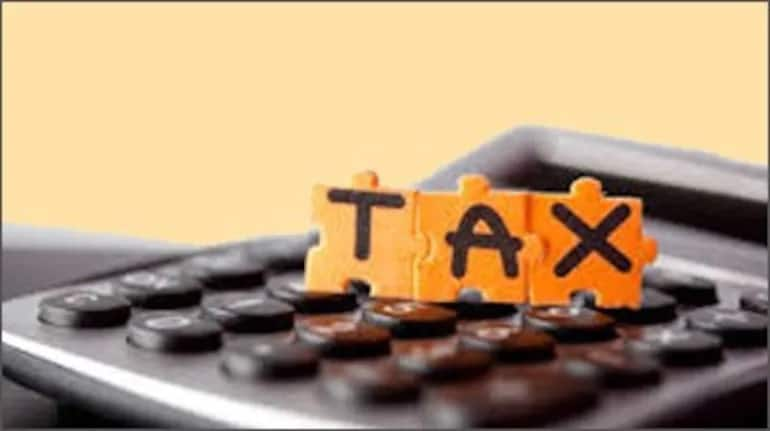Key Changes in Income Tax Rules Starting October 1, 2023
The Union Budget presented on July 23, 2023, introduced several significant changes to income tax rules, set to take effect on October 1, 2023. Understanding these changes in advance can help taxpayers navigate the new landscape with ease. In this article, we’ll break down the crucial updates and their implications.
Increased Securities Transaction Tax (STT) on Futures & Options
Starting October 1, 2023, the Securities Transaction Tax (STT) on Futures and Options (F&O) trading will see a notable increase. The Finance Minister announced this proposal as a measure to discourage excessive speculation by retail investors.
| Type of Trading | Previous STT Rate | New STT Rate |
|---|---|---|
| Options Premium | 0.05% | 0.1% |
| Futures | 0.01% | 0.02% |
This change aims to regulate the influx of retail investors into F&O trading by making it more costly to trade. Investors should consider this when planning their investment strategies.
New TDS Regulations on Government Bonds
From October 1, a new Tax Deducted at Source (TDS) rate of 10% will apply to interest earned from specified central and state government bonds, including floating rate bonds. This marks a significant shift as government bonds previously enjoyed TDS exemptions.
However, there is a threshold of ₹10,000 for the annual interest earned; if your earnings fall below this limit, TDS will not apply. This new regulation could affect the attractiveness of government bonds for investors, as it may reduce overall returns.
Tax Changes on Share Buybacks
Starting on the same date, investors who participate in share buybacks will now be liable for capital gains tax. This is a departure from the previous framework, which allowed investors to enjoy this benefit tax-free.
Experts anticipate a potential decline in investor participation in buyback schemes due to this tax implication. Investors should analyze the implications of these tax changes when considering their investment options.
Aadhaar Enrollment and PAN Application Update
As of October 1, individuals will no longer be able to use Aadhaar enrollment IT for the application of Permanent Account Numbers (PAN) or for filing income tax returns. This decision is part of a broader effort to combat misuse of PAN, which has been a growing concern for tax authorities.
Taxpayers are advised to familiarize themselves with the new procedures for applying for PAN to ensure compliance and avoid any disruptions in their tax filing process.
Introduction of the Direct Dispute to Vishwas Scheme 2024
The Direct Dispute to Vishwas Scheme 2024 will open on October 1, 2023. This initiative allows taxpayers with pending tax disputes to settle these cases by paying reduced penalties and interests. The program is applicable to taxpayers whose cases are currently in the Appellate Authorities, High Court, or Supreme Court as of July 22, 2024.
This scheme offers an opportunity for taxpayers to resolve disputes efficiently while minimizing their financial burdens, and it is anticipated to appeal to many facing tax-related challenges.
Conclusion
The upcoming changes in income tax rules can significantly impact various aspects of personal finance and investment strategies. It is crucial for individuals and businesses to stay informed and adapt to these modifications to optimize their tax liabilities and investment potential. Keeping abreast of such updates will ensure you are well-prepared to manage your financial affairs effectively.












